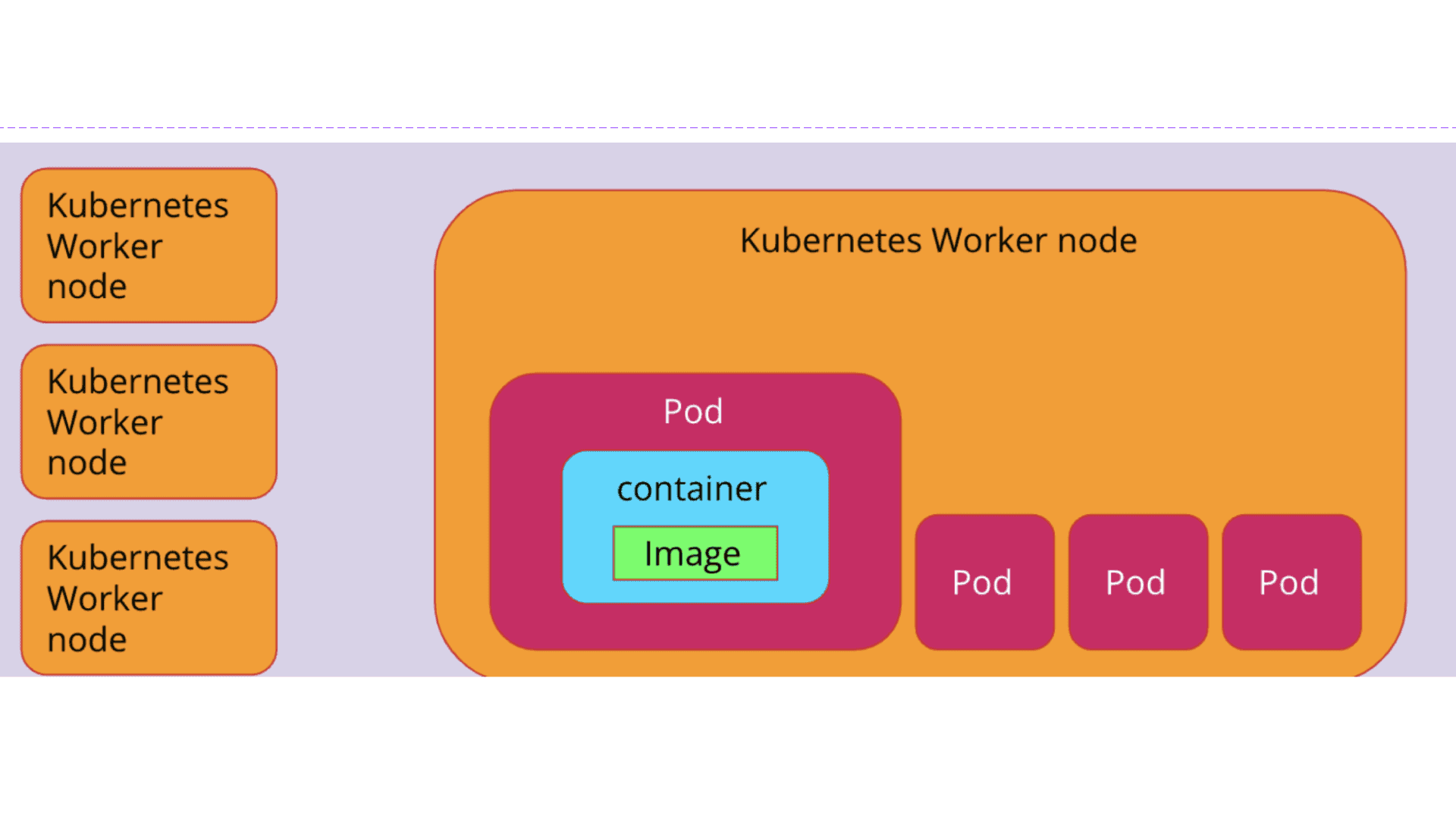There is value in hiring people from diverse backgrounds, including those without Computer Science degrees. Their onboarding process can look a bit different from that of a traditional junior hire, and these are some tips to help with it.
This month marks my one-year anniversary of working as a Golang engineer in my current team at Delivery Hero. Prior to this role, I did an internship in a different team within the company, and before that, I participated in the Delivery Hero Tech Academy — a diversity program that was designed to take people like me, who do not have a CS background, teach us how to code in 9 months, and send us off on our way as Software Engineers within DH.
Guides and tutorials explaining how to enter Software Development without a CS degree have been around for many years, and the amount of people without a traditional CS background entering Tech and Software Development jobs has been ever increasing. Companies like Google have been removing the need for degrees in general which is also reflected in their openings for Software Developers. This means it may be time to learn how to onboard a Junior developer who does not have traditional knowledge! Ahead, you’ll find some tips, and reasons why it’s worth the effort to hire people without degrees.
Tips to onboard someone without a Computer Science background:
- Regular feedback, right from the start. At the beginning of my journey as a developer, I struggled a lot with knowing what I was doing right, what was expected of me, the timeline for when I was supposed to start contributing effectively, and what I could improve on. If you communicate openly and honestly from the start, this can help.
- Assign a personal mentor to help with the onboarding effort, and for questions. Sure, I learned a lot about how to use git before joining — but every team’s processes are different, and code standards can be very different as well. Having somebody dedicated to supporting your new engineer with these questions can accelerate their ability to contribute effectively and boost their confidence. They can also help the new engineer get access to every resource they need, and introduce them to the rest of the team. This is a growth opportunity for two engineers!
- Schedule pair programming sessions for them. Everybody learns in different ways, but watching a more senior engineer work teaches you so much at the beginning of your developer journey. At first, it’s impossible to know how you’re supposed to work as a developer — this immediately will take away this question from your new engineer.
- Meaningful tasks. Even if you’ve never worked in a development team before, you can tell if you’re contributing in a meaningful way, or if you’re just working on tickets that have no impact on the team’s efforts. My manager did this in a very nice way — during my onboarding to the team, he asked me to improve the documentation, as I was going to go through it anyway – documentation is so important, and you know that every new joiner after you will benefit from updated documentation. You can assign your new engineer such a task easily, and they will feel confident in their ability to have an impact.
- Help them celebrate their small wins. It’s easy feeling stupid as a developer, even more so when everyone else has more experience and knowledge than you. Giving your new engineers positive feedback will help them feel safe and confident in your team, especially if it’s not generic. Appreciating their efforts can help them feel like they belong.
- Set regular one-on-one meetings. Even just half an hour every week can make a huge difference in the beginning, helping you understand what’s working and what isn’t, and gives you the chance to correct early on. You can also then see the progress that is happening every week. For your new engineer, this can also create the sense that they are not by themselves, they are cared for.
All of these points can help — but overall when onboarding a Junior engineer, the most important thing to remember is that you’re helping them lay their foundations for their career. This is a critical time for them and determines how fast they will become good engineers — a safe learning environment and growth-focused leadership with reflection is important.
Why people without a Computer Science degree can make great engineers
There are certain advantages to doing your traditional education in a degree heavy on math and logic that cannot be compensated in another way when you work as an engineer. As somebody who studied Politics, Philosophy and Economics, something entirely non-technical, it’s been interesting to see Junior engineers who are fresh out of their Computer Science and Software Engineering degrees adapt to the job. They have been prepared more thoroughly for entering a large codebase – whereas someone like me, who only brings very little experience with previously working on a codebase that wasn’t entirely written by me, may struggle with that initially.
This does not mean that I am unqualified for the job. Entering tech without a CS degree is not easy, and requires a lot of dedication, commitment, self-motivation, and ability to learn and adjust. Many self-taught developers were learning how to code while having a full-time job, this demonstrates impressive time-management skills. Clearly, plenty of companies have started recognizing the value in these diverse skills, and have started hiring self-taught developers and bootcamp graduates.
Eagerness to learn and improve may be the determining factor in hiring people without traditional knowledge. We come in with our diverse backgrounds but without traditional training, and this has made us very aware that there are so many things we have yet to learn that will make us better at our jobs, and this leads to an incredible motivation to learn fast and pick up new skills.
There are tough days ahead for your new engineer. They will struggle with things that your traditional entry-level engineer will not — and they are aware of it! Becoming a developer through this route requires a lot of continuous learning, both on the job and outside of it. But all of these struggles can make a resilient engineer.
There were a lot of days where I considered whether this struggle was worth it, and how it would be so easy to just give up and go back to my field – but then I would remember why I started on this journey, which was to choose a challenge and prove myself and have an interesting and exciting job and career. And then you remember to not look at metrics like time, and instead remind yourself how far you’ve come, that it is in fact impressive that in only one year you were able to pick up a skill that people who go to university for it learn in 3 to 4 years, and that you are able to continue learning and improving and this is the biggest reward of all.
If you can remember this about your new engineer who comes from a different background as well, you are ready to help lead them onto a great and rewarding journey.
If you like what you’ve read and you’re someone who wants to work on open, interesting projects in a caring environment, be sure to keep an eye out for the next cohort of our Tech Graduate Program here. We’d love to have you on board for an amazing journey ahead.


